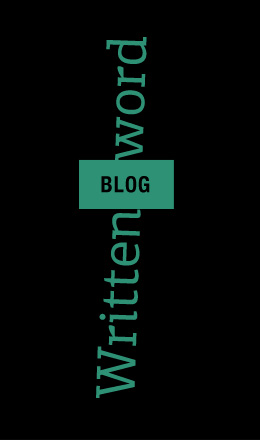// WIDSIX WRITTEN WORD //
Top Client Reporting Tools to Save Your Company Time
As an advertising agency or marketing department of any kind that works with clients, you know just how important data collection is. Clients want to see the real results of the efforts you’ve been putting out for them, so they can rest assure that they’re getting their money’s worth. This is where your client reports come in, which are generated using reporting tools. However, if you’re still having your team manually collect, enter, and compile data reports, perhaps it’s time to consider using one of these tools. Then, your marketing team’s efforts can be better focused on the important things (like, ya know, actually marketing). We will also discuss which tools will suit your company best based on your unique circumstances.
1. Megalytic
Megalytic offers templates for you to easily import your data from sources such as Google Analytics, AdWords, Facebook, CSV files, etc. However your client prefers their data, Megalytics can provide it in that format. Using Megalytics, you can distribute your data using high quality PDFs, web pages, or dashboards. You can even upload logos, create cover pages, and customize colors to fit your brand guide.
There’s a library full of widgets, including ecommerce sales by geography, AdWords conversions, social referrals, etc that can be applied to your reports for a more in-depth summary. You also have the option to automatically send reports to certain individuals, and then track the sends to ensure that they showed up in the correct recipients inbox.
Megalytics costs anywhere from $39.99 per month for their basic plan, to $399.98 per month for their enterprise plan.
2. Databox
Databox is a super versatile metrics collection software, integrating with Hubspot, Google Analytics, Adwords, Facebook ads, Twitter, LinkedIn Company Pages, Instagram, and many more. It gives you the ability to view all of your performance data in one place, allowing you to spend less time checking data and creating reports by hand, and more time acting on the insights you gather.
With their DIY Dashboard Designer, you can connect a data source, choose important KPIs to track, and visualize all of it in a custom dashboard, no coding or design skills required. Upon connecting your client’s services, Databox becomes a one-stop-shop for your team to set goals, monitor progress, calculate ROI, etc.
Databox offers some free services, but you can get more with their basic plan for $49 per month, $99 for their plus plan, or $248 for their business plan.
3. InVision
InVision is geared more towards agencies whose focus are on website design and web development. It’s a great web design collaboration tool for project management, client communication, usability testing, and more useful services to help your clients get the most out of their relationship with you and their website.
InVision gives you the ability to create and track website hotspots during development, which is crucial for determining how to proceed with the design and functionality of the site. You have the capabilities to observe where and how users interact with a website and then relay that information to clients. However, keep in mind that InVision isn’t hugely focused on client reporting, it’s an excellent choice for client collaboration.
InVision is free for 1 project, $15/month for 3 projects, $25/month for unlimited projects, and $100/month for unlimited projects and up to 5 team members.
4. TapAnalytics
TapAnalytics collaborates with more than 100 service providers to pull in data quickly and efficiently. It has plenty of customizable widgets that you can use to explore metrics, address problem areas, and show improvements in a client’s marketing efforts. There are security measures in place to provide user permissions to protect your client’s data from being seen by people who shouldn’t be seeing it. Your team can also create an overview dashboard that shows all of your clients in one place.
TapAnalytics offers a free 14-day trial so you can demo the software before making a commitment.
In Conclusion…
Client reporting tools are necessary if you have a large business, but small businesses can also benefit from using one of these tools. It all depends on how many clients you have and what their individual needs are. If you find that your employees are spending hours upon hours compiling and analyzing data, perhaps it’s time to consider one of these fantastic tools.





